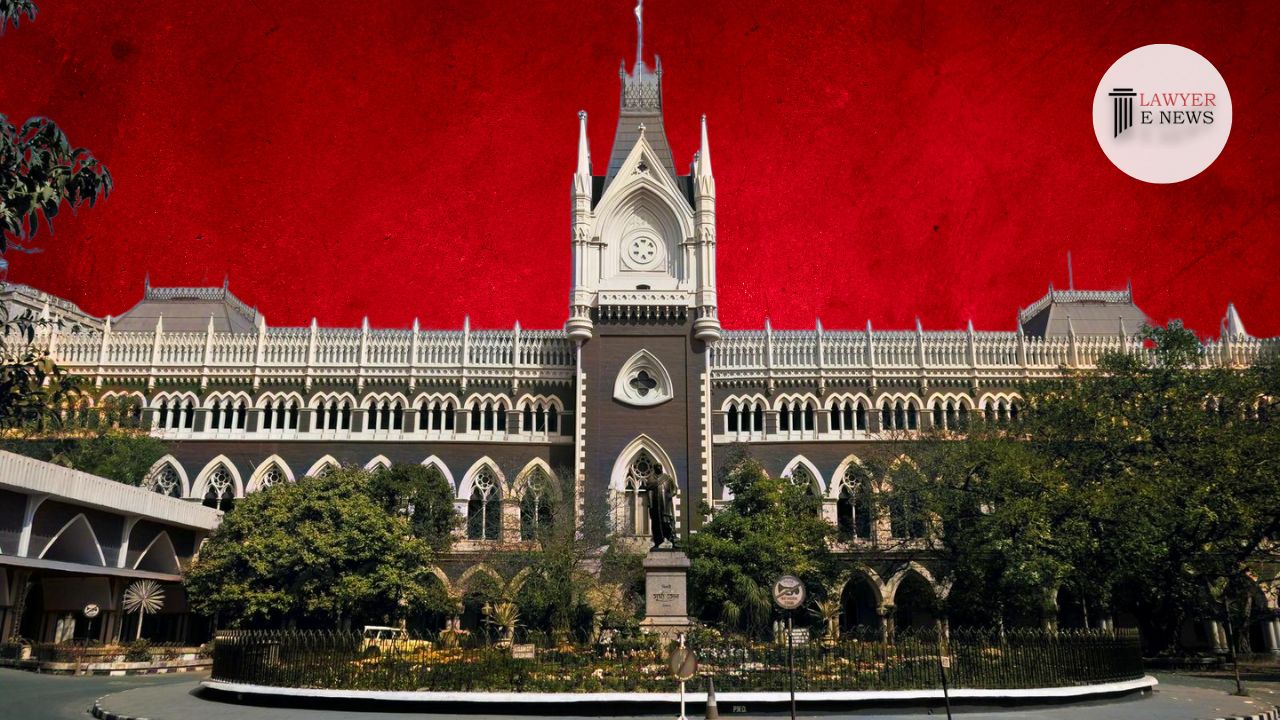-
by sayum
14 February 2026 2:22 PM



High Court Upholds Supreme Court Precedents on Withdrawal of Benefits from False Caste Claims
The Bombay High Court at its Nagpur Bench has dismissed a writ petition challenging the invalidation of a caste certificate that was used to secure educational and employment benefits. The judgment, delivered by Justices Nitin W. Sambre and Abhay J. Mantri, underscores the imperative to withdraw benefits secured through invalid caste certificates, aligning with the Supreme Court’s judgments, notably in Jagdish Bahira & Others v. State of Maharashtra.
Dr. Samata Wamanrao Warudkar, the petitioner, sought judicial protection for her educational and employment status obtained based on a provisional caste certificate claiming Scheduled Tribe (ST) status under the ‘Halba’ category. Despite the invalidation of her caste claim by the Scheduled Tribe Caste Certificate Scrutiny Committee, Dr. Warudkar completed her M.B.B.S. and M.D. courses and was appointed as a Medical Officer. The petitioner argued that the delay in the scrutiny process and the prolonged benefits should entitle her to equitable protection.
The court detailed the petitioner’s reliance on a provisional caste certificate obtained in 1993 and noted that her claim was invalidated multiple times by the Caste Scrutiny Committee. Despite interim reliefs granted by the court during previous litigations, the consistent invalidation underscored the illegitimacy of her caste claim.
The High Court leaned heavily on the precedent set by the Supreme Court in Jagdish Bahira & Others v. State of Maharashtra, emphasizing that benefits obtained through invalid caste certificates must be withdrawn to uphold constitutional and statutory integrity. The judgment referenced specific paragraphs from the Supreme Court’s ruling that highlighted the principle of withdrawing benefits from individuals found to have falsely claimed caste status.
The petitioner’s plea for protection based on prolonged inaction by authorities was firmly rejected. The court observed that equitable considerations cannot override statutory mandates. “The protection of claims of a usurper is an act of deviance to the constitutional scheme as well as to statutory mandate,” the court noted, reinforcing the need for adherence to legislative norms over individual equities.
Justice Nitin W. Sambre, articulating the court’s stance, stated, “Permitting such non-genuine claims to sustain qua the admission to a course against the seat reserved for the scheduled tribe category will amount to doing violence to the Statute. In no case can a false claim put forth by a candidate lead to conferring any statutory right for protection of studies or the services.”
The Bombay High Court’s dismissal of the petition sends a strong message affirming the judiciary’s commitment to upholding the rule of law and integrity of the caste certificate verification process. By aligning with the Supreme Court’s precedents, the judgment reiterates the necessity of withdrawing benefits obtained through false claims, thereby preserving the rights and entitlements of genuine members of reserved communities.
Date of Decision: July 15, 2024
Dr. Samata Wamanrao Warudkar v. State of Maharashtra & Others
